Sbarro Ford GT40
Franco Sbarro and the GT40 have a long history. The first contacts were made when Sbarro was chief mechanic at Scuderia Filipinetti, which raced these formidable machines. The car holds no secrets for Sbarro, who has spent hours preparing and maintaining it. The GT40 even seems to fascinate him.
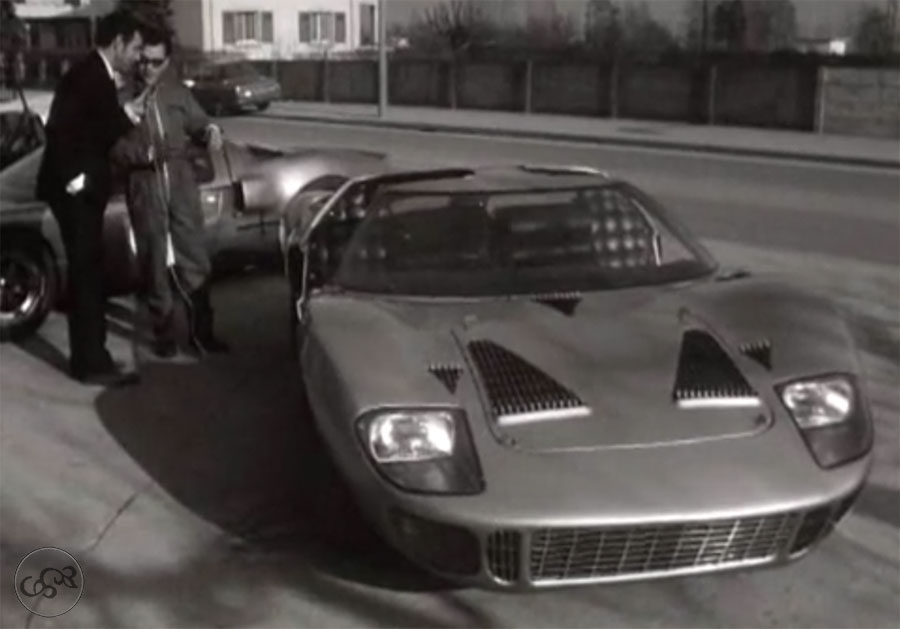
The transformation into a road car
The GT40 is a racing car,
designed exclusively for circuits.However, Ford sold seven
examples of a road version, the MkIII. The market may have
been limited, but Franco Sbarro, who knew the car inside out,
decided to offer the GT40 conversion for road homologation. A
mention of this work appears in the first ACA brochure of
1968.
Its first customer was Henri
Chemin, director of Ford France, (chassis P/1007). The main
comfort modifications included leather seats, a solid wood
dashboard, replacement of Plexiglas with electric windows in
safety glass, a luggage compartment, carpets, foam rubber
sound insulation and watertight door seals! Mechanically, the
engine's power has been reduced to make it more flexible, the
gearbox's first-gear pinion has been changed to reach 80 km/h,
a fan has been installed to improve cooling, and the
suspension has been softened.The body panels are thickened for
reinforcement. All in all, a lot of work.
A second GT40, belonging to
Pierre Bardinon, underwent the same adaptations. Pierre
Bardinon bought it from Georges Filipinetti, the former boss
of Sbarro. It bears chassis number P/1039. After being sold
several times, GT40 P/1039 returned to the Sbarro workshop in
the 1980s for restoration.
In all, four GT40s were
adapted ) by ACA for road use.
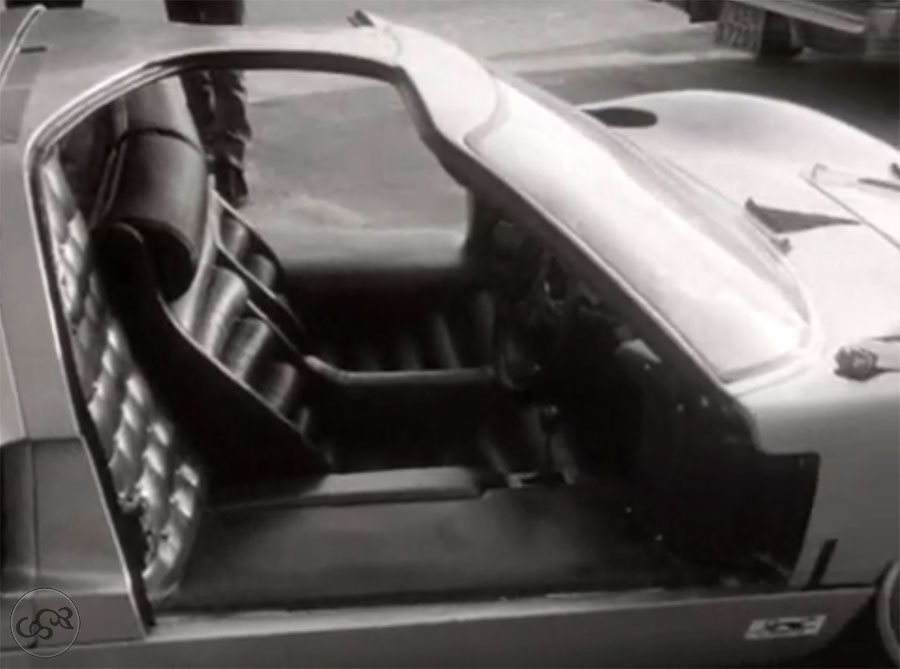
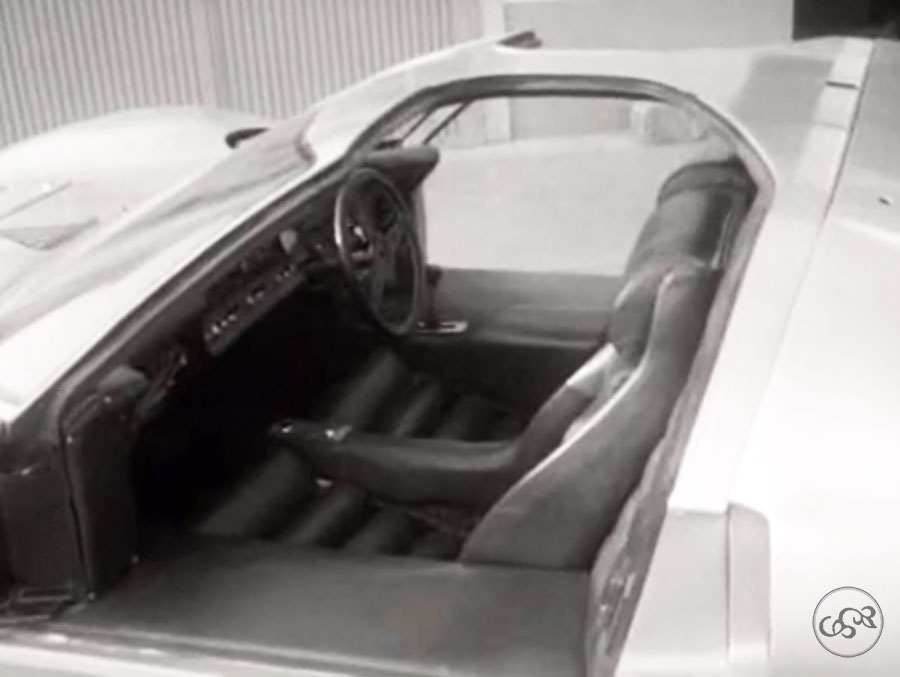
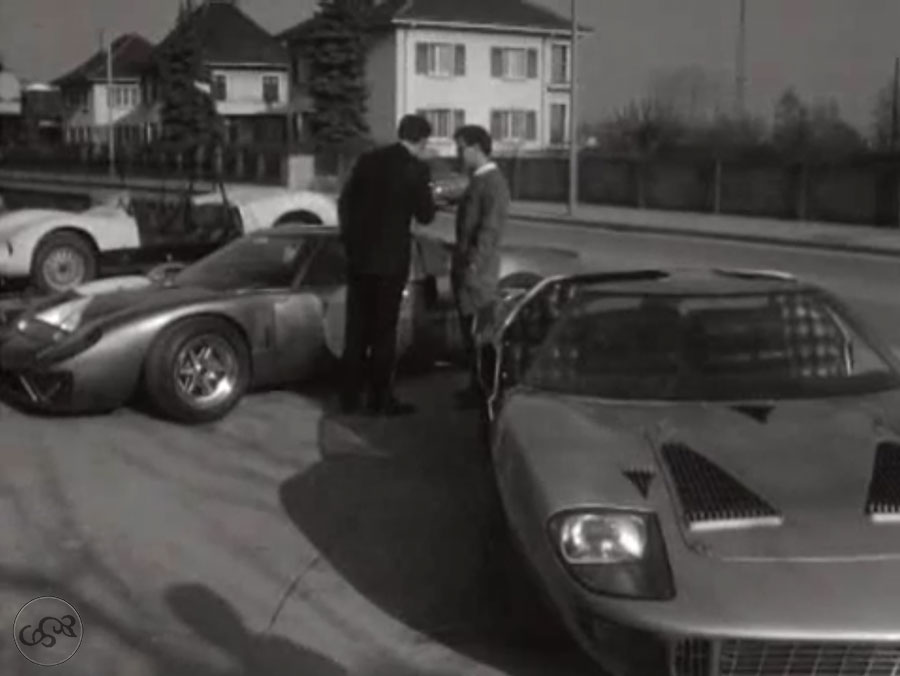

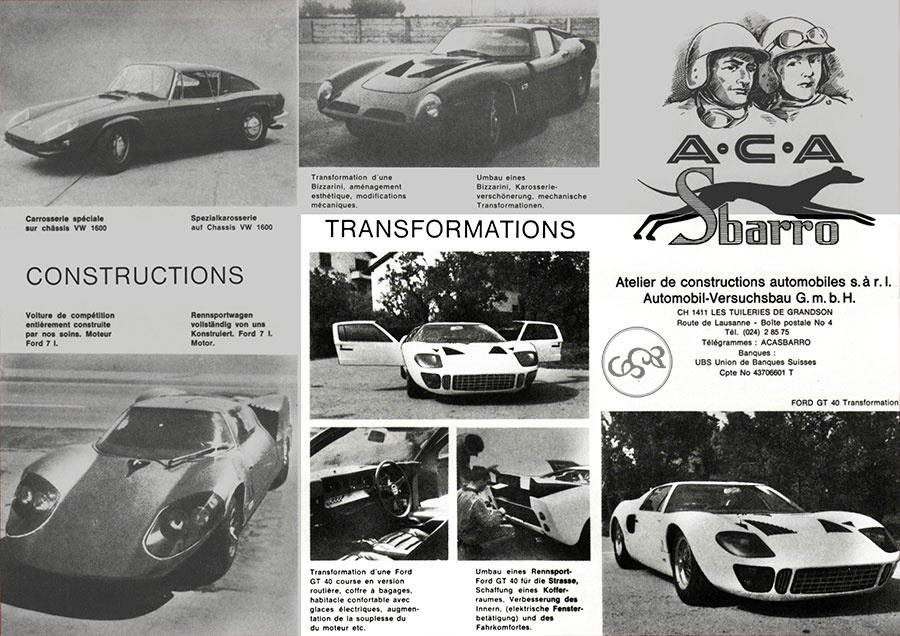
In brief
1- Franco Sbarro adapted four Ford GT40s for road homologation
2- Improving comfort was a top priority